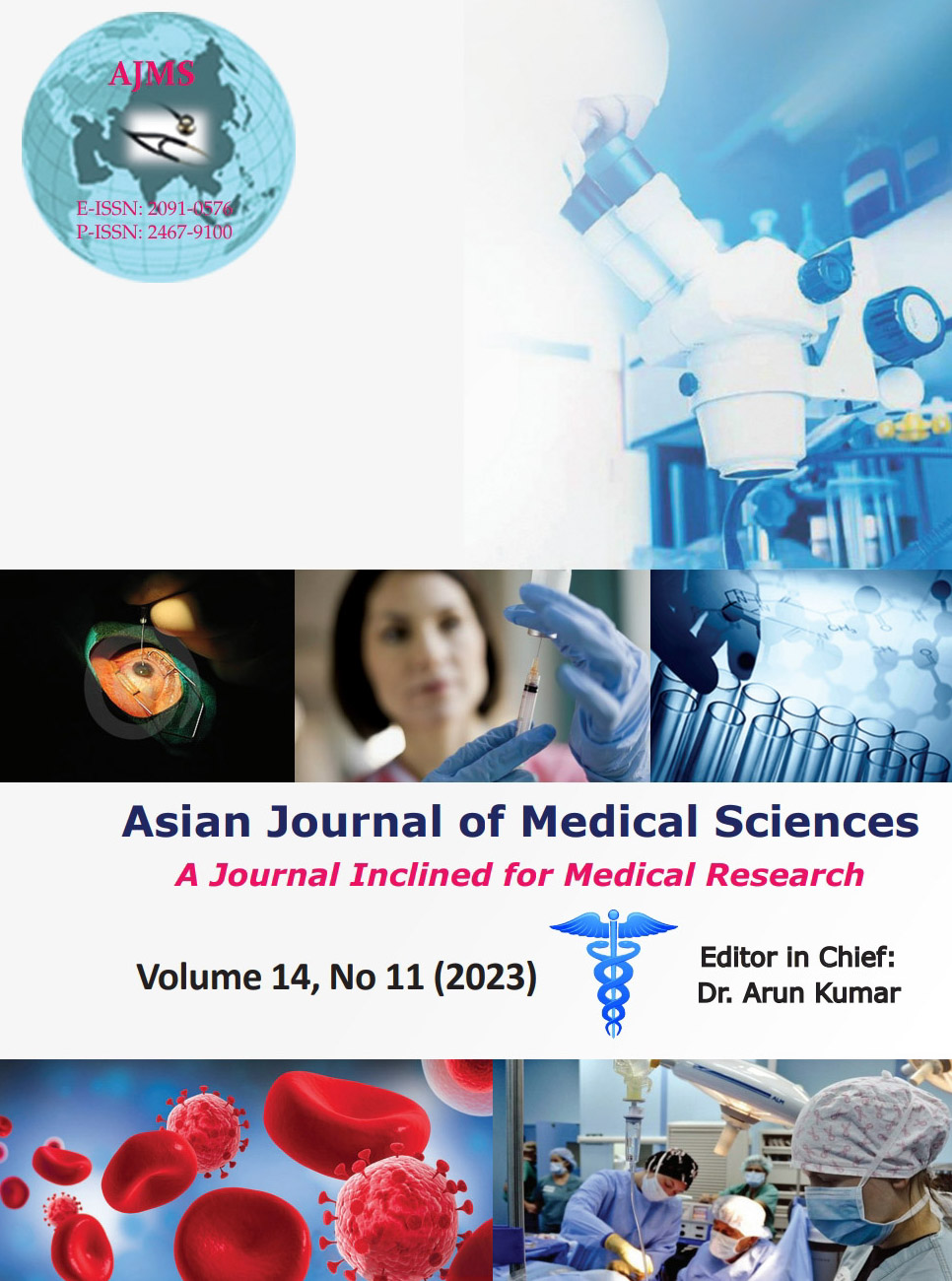The relevance of coagulase-negative Staphylococcus isolates in blood culture in the context of a tertiary neonatal unit from East India
Keywords:
Coagulase-negative Staphylococcus; Neonatal sepsis; Contamination; Polymicrobial sepsisAbstract
Background: Coagulase-negative Staphylococcus (CoNS) are known commensals and often contaminate neonatal blood cultures. Their unique ability to form biofilms, however, helps them evade immune mechanisms and antibiotics and cause neonatal sepsis (NS) in hospitalized neonates. True or probable Coagulase-negative Staphylococcus blood stream infection (CoNS BSI) must be differentiated from contaminants so that antibiotics are used judiciously and hospital stay is minimized.
Aims and Objectives: The primary objective of the study was to estimate the proportion of NS and contaminants among CoNS-positive blood cultures in the index neonatal unit and the host and health-care variables associated with CoNS BSI. The secondary objective was to estimate the susceptibility of CoNS isolates to antibiotics used.
Materials and Methods: This was a retrospective study from digital records, from January 2018 to December 2022.
Results: 25% of CoNS isolates were associated with NS (health-care infections) and 75% were contaminants. Over 90% of CoNS BSI was associated with central lines (CLs) and prolonged hospital stay. All isolates were resistant to oxacillin while resistance to gentamicin rose annually to over 68%. Susceptibility to linezolid and vancomycin was present, but a few strains were resistant to them.
Conclusion: CoNS were an important cause of NS in the index hospital. Prolonged hospital stays and CLs were associated with increased incidence of CoNS sepsis and must be minimized where possible. Antibiotic resistance was high, and reserve drugs could also become ineffective.
Downloads
Downloads
Published
How to Cite
Issue
Section
License
Copyright (c) 2023 Asian Journal of Medical Sciences

This work is licensed under a Creative Commons Attribution-NonCommercial 4.0 International License.
Authors who publish with this journal agree to the following terms:
- The journal holds copyright and publishes the work under a Creative Commons CC-BY-NC license that permits use, distribution and reprduction in any medium, provided the original work is properly cited and is not used for commercial purposes. The journal should be recognised as the original publisher of this work.
- Authors are able to enter into separate, additional contractual arrangements for the non-exclusive distribution of the journal's published version of the work (e.g., post it to an institutional repository or publish it in a book), with an acknowledgement of its initial publication in this journal.
- Authors are permitted and encouraged to post their work online (e.g., in institutional repositories or on their website) prior to and during the submission process, as it can lead to productive exchanges, as well as earlier and greater citation of published work (See The Effect of Open Access).




